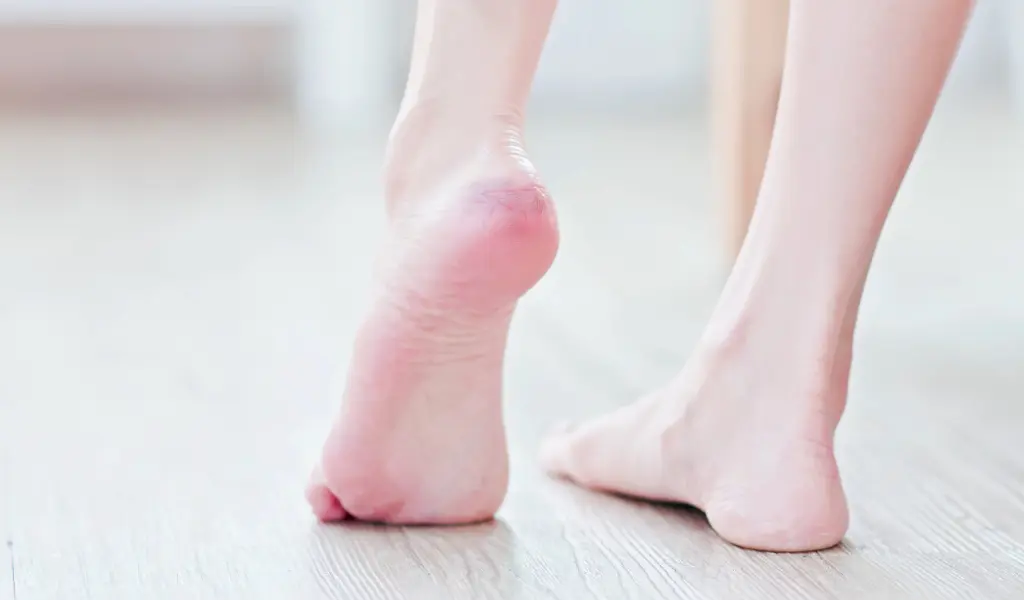Hair growth supplements are a booming industry, with promises of fuller, thicker, and healthier locks. But do they actually work, or are they just another marketing gimmick?
Let’s delve into the science, the ingredients, and the realistic expectations when it comes to hair supplements.
You May Also Like: How COVID-19 Increases Heart Risk
How Hair Growth Works
Hair growth occurs in cycles:
- Anagen Phase (Growth): The active growing phase, lasting 2–7 years.
- Catagen Phase (Transition): A short phase where the follicle begins to shrink.
- Telogen Phase (Resting): A resting period before the hair sheds.
Supplements aim to support the anagen phase, providing nutrients that promote growth and reduce shedding.
Common Causes of Hair Loss
Understanding why you may be experiencing hair loss is key to finding the right solution:
- Nutritional Deficiencies: Lack of essential vitamins and minerals like biotin, iron, or zinc.
- Hormonal Changes: Conditions like menopause or thyroid issues.
- Stress: Physical and emotional stress can trigger hair shedding.
- Medical Conditions: Alopecia, scalp infections, or side effects of medication.
What’s Inside Hair Growth Supplements?
Hair supplements typically contain a mix of vitamins, minerals, and natural extracts. Let’s examine their roles:
- Biotin (Vitamin B7):
- Biotin is often hailed as the star ingredient. It supports keratin production, which strengthens hair.
- Does it work? Only if you have a deficiency. Most people get enough from their diet.
- Zinc:
- Zinc aids tissue growth and repair. It also supports the oil glands around hair follicles.
- Does it work? Zinc deficiencies can cause hair loss, so supplementation helps in such cases.
- Iron:
- Iron deficiency anemia is a common cause of hair thinning.
- Does it work? Only if you’re deficient. Too much iron can be harmful.
- Collagen and Keratin:
- These proteins improve hair elasticity and strength.
- Do they work? They can enhance hair texture but don’t directly boost growth.
- Saw Palmetto:
- A natural DHT blocker, often used to prevent hair loss.
- Does it work? Effective for androgenetic alopecia (hormonal hair loss).
- Vitamin D:
- Promotes follicle health and supports the growth cycle.
- Does it work? Studies link low Vitamin D levels with hair shedding.
Do Hair Growth Supplements Actually Work?
The effectiveness of hair growth supplements largely depends on the cause of your hair loss:
- If You Have a Nutritional Deficiency: Supplements can be life-changing. Nutrients like biotin, zinc, and iron can restore hair growth.
- If Hair Loss is Hormonal or Genetic: Supplements may slow the process but won’t completely stop it. Consider consulting a dermatologist for advanced treatments.
- If Hair Loss is Stress-Related: Stress management, along with supplements, can improve hair health.
What the Science Says
Research on hair supplements is mixed:
- A study published in Dermatology and Therapy found that supplements containing biotin, fish oil, and plant-based ingredients improved hair thickness in women with thinning hair.
- Another study noted that saw palmetto and pumpkin seed oil might reduce hair loss in men with androgenetic alopecia.
However, scientists caution that most evidence comes from small-scale studies or anecdotal reports.
Potential Risks of Hair Growth Supplements
Supplements are not without risks:
- Overdosing: High doses of vitamins like Vitamin A can cause hair loss instead of helping.
- Allergic Reactions: Some people may react to ingredients like saw palmetto or marine collagen.
- Interaction with Medications: Always consult a healthcare provider if you’re on medication.
Natural Alternatives for Healthy Hair
You don’t always need supplements to improve your hair health. Here are some natural strategies:
- Balanced Diet:
- Include protein-rich foods like eggs, fish, and beans.
- Eat fruits and vegetables high in antioxidants.
- Scalp Care:
- Regularly cleanse your scalp to remove build-up.
- Massage with oils like coconut or argan to improve circulation.
- Reduce Heat Styling:
Excessive heat can damage hair shafts, leading to breakage. - Stay Hydrated:
Proper hydration keeps hair follicles healthy.
Who Should Consider Hair Supplements?
- People with Confirmed Deficiencies: If blood tests reveal low levels of iron or Vitamin D.
- Postpartum Mothers: Hair shedding after childbirth is common, and supplements can help recovery.
- Individuals with Thinning Hair: Especially those with age-related or hormonal changes.
Questions to Ask Before Taking Hair Supplements
- What’s Causing My Hair Loss?
A healthcare provider can determine if it’s due to deficiency, stress, or an underlying condition. - Are the Ingredients Safe for Me?
Check for allergens or interactions with medications. - Is My Diet Lacking in Nutrients?
A balanced diet may eliminate the need for supplements.
Conclusion: Do Hair Growth Supplements Work?
Hair growth supplements can work, but they’re not a miracle solution. Their effectiveness depends on addressing specific deficiencies or causes of hair loss. A balanced diet, stress management, and proper scalp care are equally important for healthy hair.
Before investing in supplements, consult a healthcare provider. The best approach often combines lifestyle changes with targeted treatments for optimal results.










